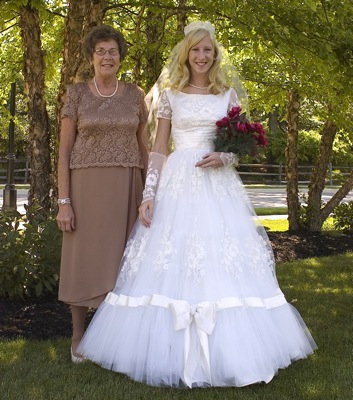Saturday, June 16th, 2007
ODNR official: Grand Lake condition must change
By Nancy Allen
The status quo of Grand Lake is unacceptable and something has to change, said newly-appointed ODNR Director Sean Logan during Friday's annual Legislative Day on the Lake.
Logan said he sees a "clock ticking" for the lake and envisions a time where it may be too late to save it if those in leadership positions don't act.
Water quality issues affecting the lake and the watershed area that drains into it have come to the forefront in recent years, pitting those who use the lake for recreation and livelihood against farmers, and forcing local leaders to take notice.
Testing done by the Ohio EPA shows the majority of the pollutant loading, in the form of sediment and nutrients, comes from farmland, the major land use in the livestock-rich watersheds. The Ohio EPA has classified the Grand Lake/Wabash River Watershed as one of the most degraded in the state.
Farmers have been slow to enroll in government conservation programs that pay them to take land out of agricultural production and install filter strips, grass waterways and wetlands due to the high price of farmground, which goes for as much as $8,000 an acre.
Logan asked the crowd members representing different groups to shift their focus away from managing the lake to managing the people and communities around the lake.
Those representatives from different interest groups, and state and local officials put their best faces forward Friday, getting behind a management plan for the Wabash River and Grand Lake watersheds. State endorsement of the plan is necessary to apply for grants that would pay landowners to implement conservation practices on their land to improve water quality.
A unified front behind the management plan also would satisfy officials in Columbus, who have criticized community members for pulling in different directions when it comes to lake water quality efforts and requests for funds to fix the problem.
Chris Gibbs, executive director of the Mercer County Farm Service Agency, said people are watching closely what the community will do to address the issue.
"This will have an impact on the next two generations of livestock farmers," Gibbs said.
He also said he feels most of the lake's water quality problems have more to do with soil erosion than direct manure discharge.
Getting more farmers to adopt no-till and conservation tillage and to install grass waterways in fields where gulleys cut through and erode soil away would do much to improve the lake, he said.
Gibbs challenged everyone, especially landowners and producers "to sign on to conservation, conservation funding and stewardship."
Gibbs touted local help already evident, including support in the Ohio House from State Rep. Jim Zehringer, R-Fort Recovery, and State Rep. John Adams, R-Sidney, for increasing state funds to county SWCDs, the local FSA office's funding help for conservation practices and those local landowners who have installed 3,200 acres of filter strips and buffer areas on their farmland.
Gibbs also said he will give a presentation next week to the Mercer County Soil and Water Conservation District board on the steps necessary to pursue an agreement with the USDA to establish a special Conservation Reserve Enhancement Program (CREP) for the Grand Lake and Wabash River watersheds.
The goal is to get more funding in the program to increase local farmer participation and improve water quality.
The CREP program pays landowners to take farmland out of production and install grass-covered filter strips, plant trees and install other conservation practices aimed at cleaner water.
The special CREP meeting will be held at 10 a.m. Thursday in the first floor conference room at the Mercer County Central Services Building in Celina. The meeting is open to the public.

